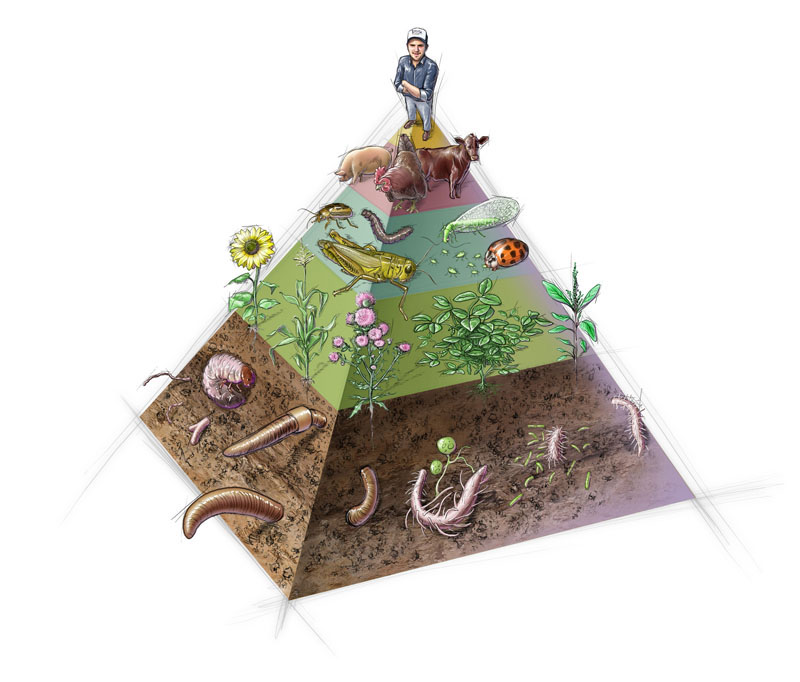After reading the Earth Charter, I felt that this should have been our first blog entry. It encompasses everything we have talked about in colloquium. The Earth Charter provides different values and principles for a more sustainable future. It is a way that everyone can join together and become sustainable together. What I liked about it, was that it was very straight forward, and to the point. Below are some parts of the Earth Charter that stood out to me.
“We must join together to bring forth a sustainable global society founded
on respect for nature, universal human rights, economic justice, and a culture
of peace. Towards this end, it is imperative that we, the peoples of Earth,
declare our responsibility to one another, to the greater community of life,
and to future generations”
This is the heart of what the Earth Charter is essentially about. It is the
call for action, and I could not agree with it more. In order for us to build a
more sustainable future, we need to work together. We need to understand all
the aspects of what building a sustainable future really means, and tackle it.
Not just tackle one problem, but all of them. It is our job to do everything we
can to protect each other and our future generations.
This was a great point. We all have to take in consideration that us humans
are not the only living beings on this planet. This reminds me of Shiva stated
in What is Biodiversity and Why Is It So
Important. She stated “Humankind is
one among millions of other species. It does not have a right to push other
species to extinction, or to manipulate them for greed, profit, and power without
concern for their wellbeing” (Shiva, 40). Unfortunately, we sometimes do act
like we are the only beings that live on the planet, and make decisions that
only benefit us. If we just took time and weighed out options and take in consideration
the other beings that live with us, we would not be facing the challenges that
we have now.
This is a very good and crucial point. Education is the key to building a
sustainable future. Growing up, I can remember in elementary school, we always practice
recycling and celebrated Earth Day. But what I noticed is that they never
really explained why we were doing it, and the importance. So I think that if
sustainability was instilled at a young age and explained thoroughly, more
people would understand the environmental challenges we are facing today. Not
only should environmental education be carried out in school, it should also be
taught at home. Children are more influenced by what happens in their homes.
Parents can have a positive impact on their children if they practice sustainability
at home. I do however believe that environmental education should be carried
out through all years in school, and even at the university level. FGCU is
already a step ahead with this class.
Principle #1: “Respect Earth and life in all its diversity. A.) Recognize
that all beings are interdependent and every form of life has value regardless
of its worth to human beings”
| http://www.meetup.com/FAUNNJ/events/105831722/ |
Principle #14: “Integrate into formal education and life-long learning the
knowledge, values, and skills needed for a sustainable way of life”
| http://www.bdchronicle.com/outlook/opiniondetail/47 |
